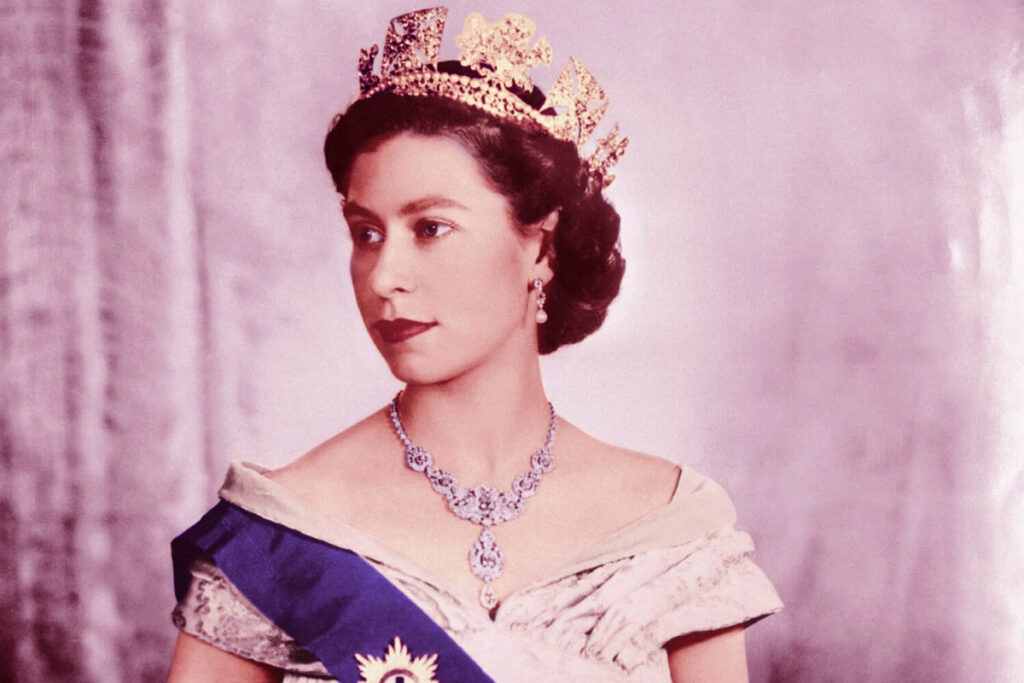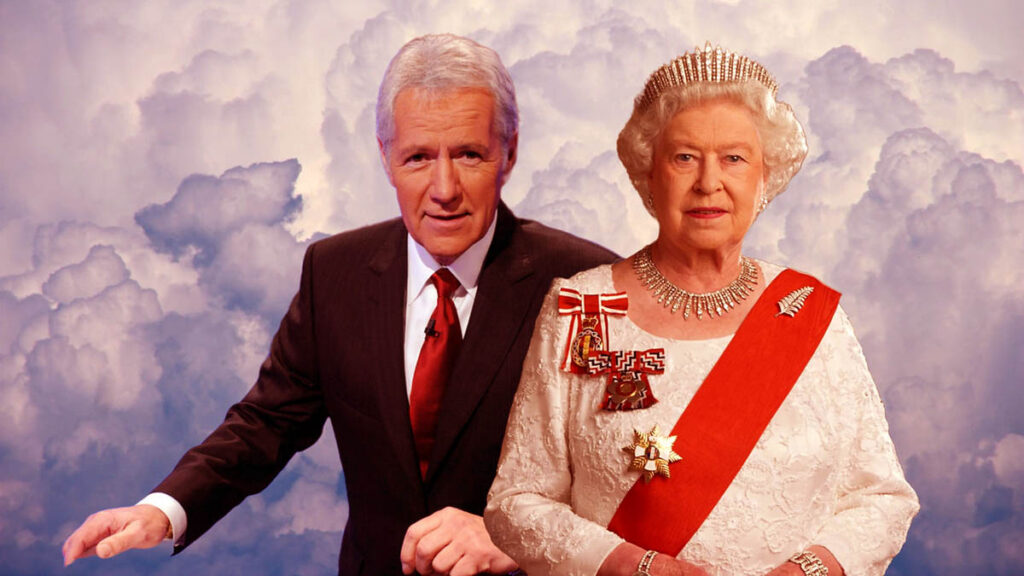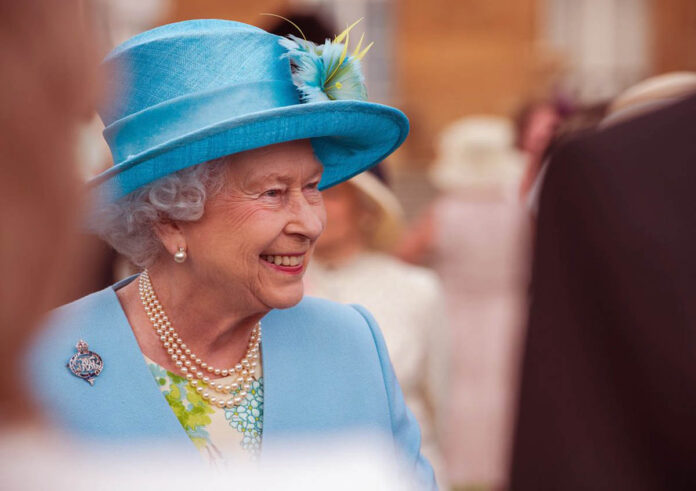In the annals of history, few figures stand as prominently as Queen Elizabeth II, the longest-reigning current monarch and the symbolic heartbeat of the United Kingdom. Born on April 21, 1926, as Elizabeth Alexandra Mary Windsor, she ascended to the throne on February 6, 1952, following the untimely death of her father, King George VI. This blog delves into the extraordinary life of Queen Elizabeth II, exploring the significant milestones, challenges, and the enduring impact she has had on the monarchy and the world.
Page Contents
Early Years
Elizabeth was born into a world in the throes of change. The Roaring Twenties saw the dawn of the modern era, yet the echoes of World War I still reverberated. Raised alongside her younger sister, Princess Margaret, Elizabeth experienced the challenges of a nation rebuilding itself. World War II erupted when she was just a teenager, and the royal family, including Elizabeth and Margaret, played a pivotal role in boosting morale during the tumultuous times.
Her father’s unexpected death thrust her into the limelight at the tender age of 25. Elizabeth’s commitment to duty, a trait she inherited from her parents, shaped her response to the call of leadership. The coronation in 1953 marked the beginning of a new era, and a young queen with a profound sense of responsibility emerged.
Read Also : Joe Biden: A Life of Service and Resilience
A Marriage of Duty and Love
One cannot delve into the life of Queen Elizabeth II without exploring her enduring partnership with Prince Philip, Duke of Edinburgh. Their union was a remarkable blend of duty and affection. The couple met in 1934 when Elizabeth was just eight years old, and their connection blossomed over the years. The love story between Elizabeth and Philip unfolded against the backdrop of post-war Britain and societal expectations.
The couple’s marriage, which stood the test of time, became a source of strength for the queen. Prince Philip, often described as her “strength and stay,” was a constant support throughout her reign. His passing in 2021 marked the end of an era and a poignant moment in Queen Elizabeth II’s life.

A Monarch’s Diplomacy
Queen Elizabeth II’s reign has been marked by an unwavering commitment to diplomacy. She has met with countless world leaders, navigated the complexities of geopolitics, and witnessed the evolution of the Commonwealth. The monarch’s role is largely ceremonial, yet she has skillfully used her position to foster international relations.
The dissolution of the British Empire and the emergence of the Commonwealth underscored the changing nature of global dynamics. Queen Elizabeth II played a pivotal role in adapting the monarchy to a world where the British Empire was no longer the dominant force. Her ability to navigate the delicate balance between tradition and progress has ensured the continued relevance of the monarchy in the 21st century.
Family Matters
The royal family’s personal lives have often been under the scrutiny of the public eye, and Queen Elizabeth II’s family is no exception. From the highly publicized marriages and divorces to the tragic death of Princess Diana, the queen has faced numerous challenges on the domestic front.
Her response to these personal crises, marked by a blend of stoicism and humanity, has endeared her to the public. The Queen’s Christmas addresses, in particular, have become an annual tradition where she addresses the nation, offering solace and reflection. These moments of vulnerability humanize the monarch and emphasize the shared experiences of triumph and tragedy that connect her to her subjects.
Cultural Impact
Queen Elizabeth II has witnessed and contributed to a seismic shift in societal norms and cultural attitudes. The 1950s and 1960s brought about the cultural revolution, challenging traditional values. As the embodiment of tradition, the monarchy faced increasing scrutiny.
The Queen’s response was to adapt. From televising her coronation to embracing modern communication channels, she recognized the importance of staying connected with the people. The monarchy, once seen as distant and untouchable, became more accessible under her reign. Queen Elizabeth II’s ability to evolve and resonate with the changing times has been crucial to maintaining the institution’s relevance.

The Golden Jubilee and Beyond
In 2002, Queen Elizabeth II celebrated her Golden Jubilee, marking 50 years on the throne. The milestone was an opportunity for the nation to reflect on her reign and for the queen to express her gratitude to the people. The celebrations were a testament to the enduring respect and affection the public holds for their monarch.
As she entered the later years of her reign, Queen Elizabeth II continued to fulfill her duties with grace and dedication. The Diamond Jubilee in 2012 marked 60 years on the throne, solidifying her status as the longest-reigning British monarch. The event was a poignant reminder of the queen’s enduring commitment to her role and the deep connection between the monarchy and the nation.
Read Also : Narendra Modi: A Visionary Leader’s Journey to Transform India
Legacy and the Future
As Queen Elizabeth II’s reign continues into its eighth decade, the question of her legacy looms large. Her impact on the monarchy, the Commonwealth, and the world at large is undeniable. From navigating a changing geopolitical landscape to adapting to the demands of the modern era, she has been a stalwart figure.
Her commitment to duty, resilience in the face of personal and public challenges, and her ability to connect with people have defined her reign. The queen’s legacy is not just about the history she has lived but the foundations she has laid for the future of the monarchy.
As the world looks to the future, Queen Elizabeth II’s legacy is one of continuity and adaptation. The monarchy, under her guidance, has weathered storms and emerged stronger. The enduring image of a queen who has navigated the complexities of the modern world while upholding tradition will undoubtedly shape the perception of the British monarchy for generations to come.
In conclusion, Queen Elizabeth II’s biography is a testament to the evolving nature of leadership and the enduring strength of tradition. Her life is a narrative of duty, love, diplomacy, and adaptability. As she continues to fulfill her role with grace and resilience, the queen remains a symbol of stability in an ever-changing world. The story of Elizabeth Alexandra Mary Windsor is not just a historical account but a living legacy that continues to shape the destiny of a nation and its people.


